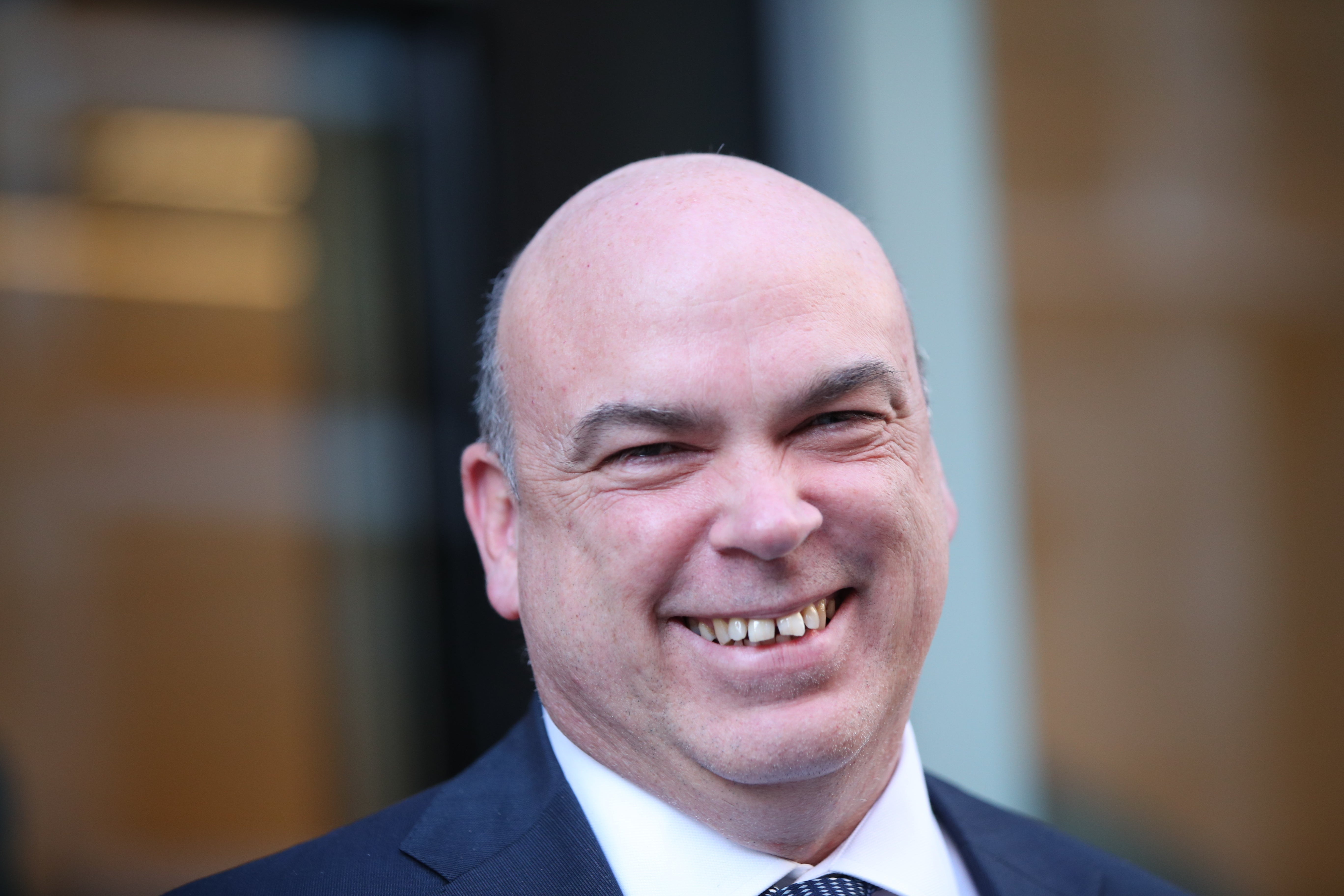Tycoon facing extradition to US waits for ruling on latest stage of legal fight
Mike Lynch has mounted a High Court challenge to a decision made by a judge during extradition proceedings.

A British technology tycoon facing extradition to the United States after being accused of fraud is waiting for a ruling on the latest stage of a legal battle.
Mike Lynch has mounted a High Court challenge to a decision made by a judge during extradition proceedings.
A High Court judge considered argument at a High Court hearing in London on Tuesday.
Mr Justice Swift said he aimed to deliver a ruling in the near future.
He heard how a judge at Westminster Magistrates’ Court had rejected “various challenges” Mr Lynch had made to extradition and ruled that Home Secretary Priti Patel could decide whether to extradite.
Ms Patel subsequently asked District Judge Michael Snow if she could have until March 2022 to make the decision.
Judge Snow refused her application and said she should make a decision before Christmas.
Mr Lynch has challenged that ruling by Judge Snow and wants Mr Justice Swift to overturn it.
US authorities have accused Mr Lynch of being involved in a multibillion-dollar fraud in America over the sale of his software company, Autonomy to Hewlett-Packard in 2011 for 11 billion dollars (£8.5 billion), which resulted in “colossal financial losses” for the US firm.
They claim that he deliberately overstated the value of his business, which specialised in software to sort through large data sets.
Mr Lynch denies all charges against him.
Lawyers representing the US government on Tuesday argued that Mr Lynch’s challenge to Judge Snow’s ruling should be dismissed.
Ms Patel wants to consider another judge’s ruling, in a separate High Court case involving Mr Lynch, before making an extradition decision.
Lawyers told Mr Justice Swift how that ruling – by Mr Justice Hildyard – was imminent.
Mr Justice Hildyard began overseeing a High Court trial in London more than two years ago.
Hewlett-Packard sued Mr Lynch, and Autonomy’s former chief financial officer, Sushovan Hussain, for around five billion dollars (£3.8 billion) over its purchase of Autonomy in 2011.
The technology giant claimed Mr Lynch “committed a deliberate fraud over a sustained period of time” to artificially inflate Autonomy’s value, which it says forced it to announce an 8.8 billion dollar (£6.7 billion) write-down of the firm’s worth just over a year after its acquisition.
Mr Lynch argued Hewlett-Packard was trying to make him “a scapegoat for their failures”.
